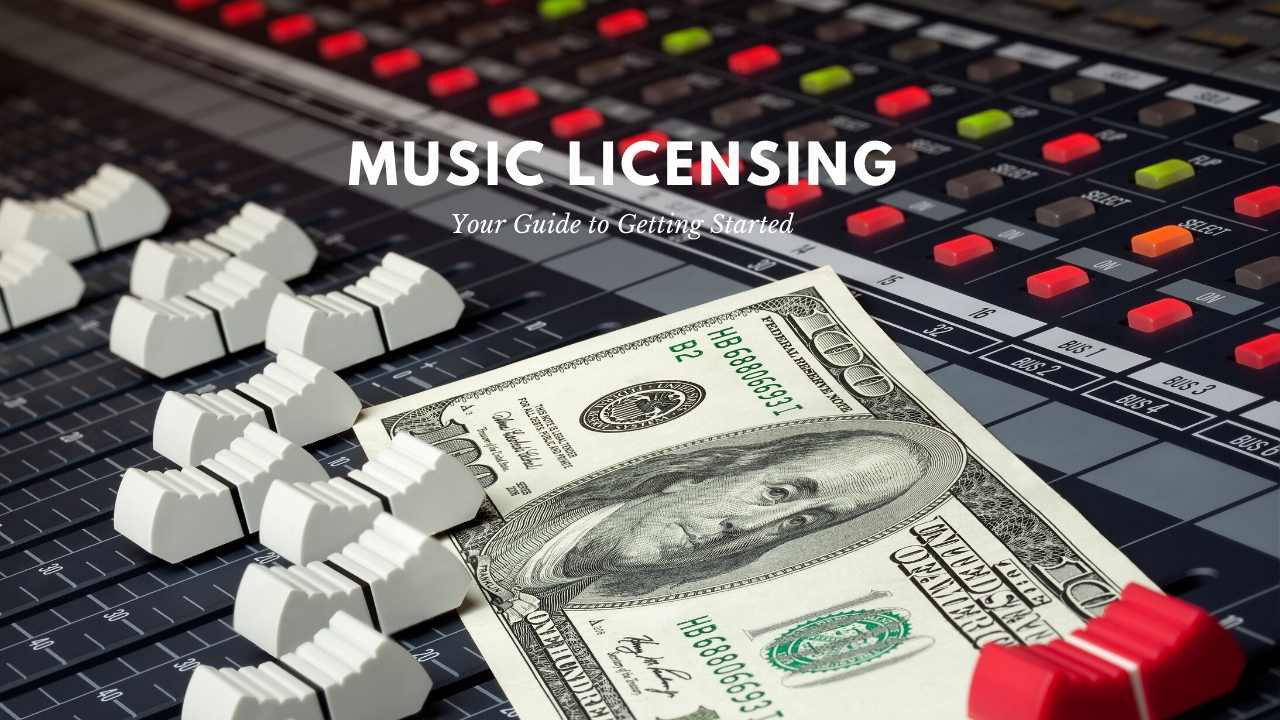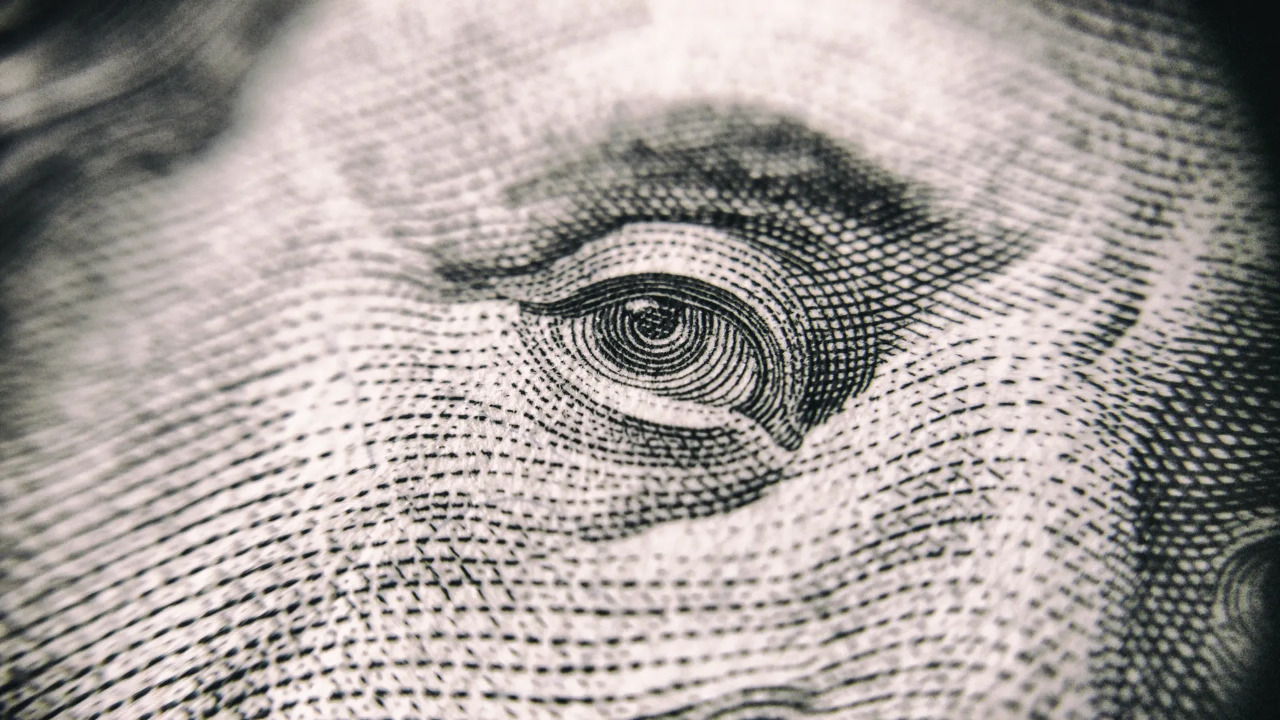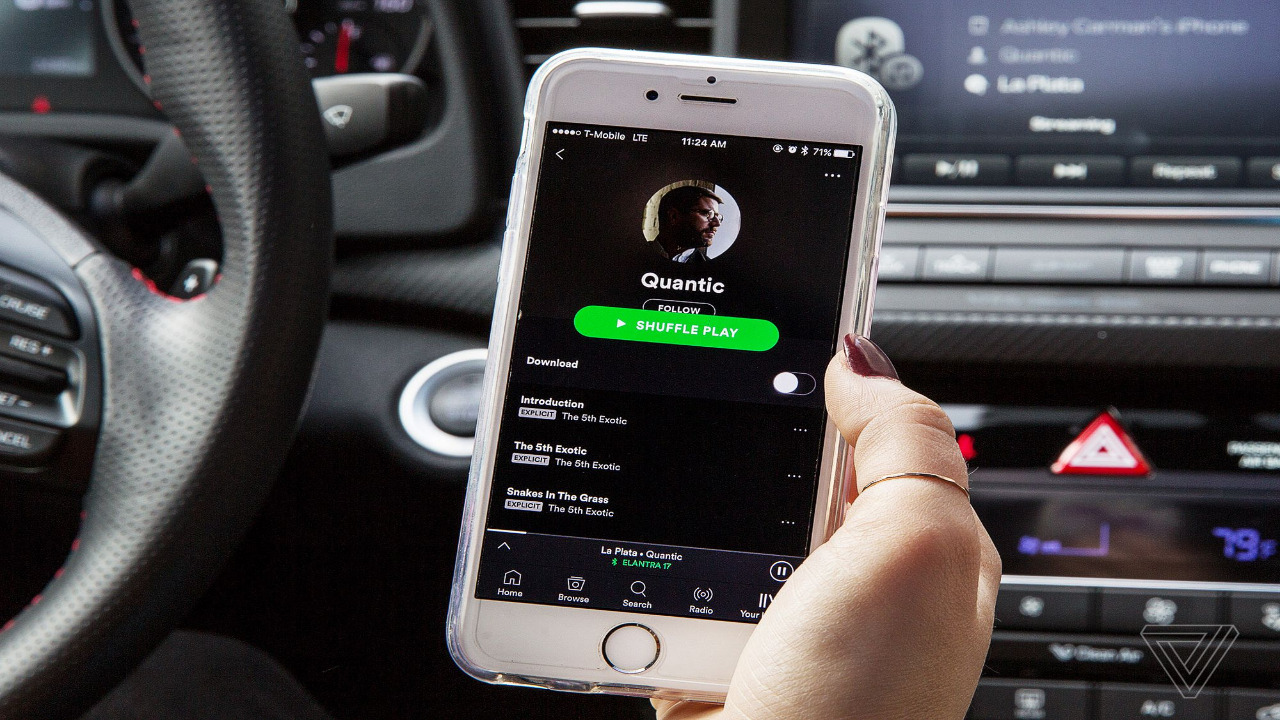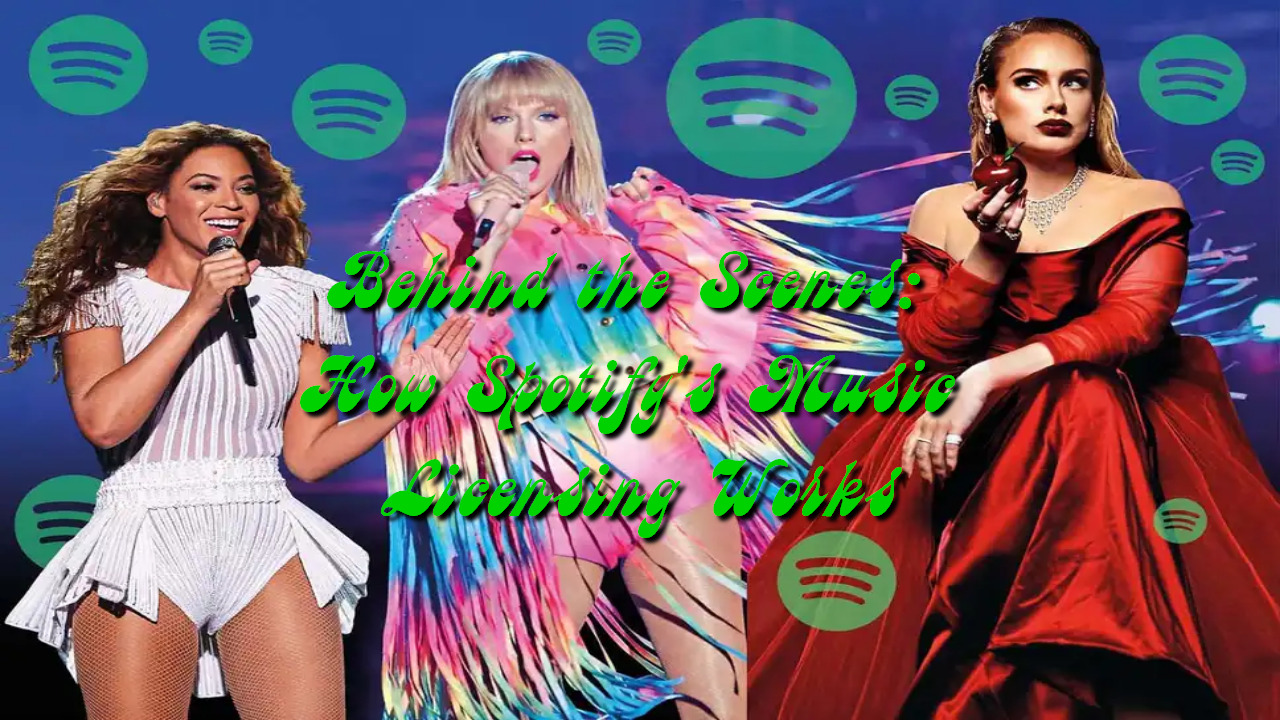In the ever-evolving world of music streaming, Spotify has emerged as one of the leading platforms, offering millions of songs at the fingertips of its users. But have you ever wondered how Spotify manages to provide such an extensive library of music? The answer lies in the complex world of music licensing. In this article, we will delve into the behind-the-scenes workings of Spotify’s music licensing, exploring the key processes and agreements that enable the platform to deliver a vast array of music to its users. However, if you want to distribute your compositions and promote your Spotify account, check this website.
The Basics of Music Licensing

Music licensing is the process by which Spotify obtains the rights to play copyrighted music on its platform. There are two primary types of licenses that Spotify requires: mechanical licenses and performance licenses. Mechanical licenses grant the right to reproduce and distribute musical compositions, while performance licenses allow for the public performance of those compositions.
Agreements with Record Labels
Spotify secures the vast majority of its music through agreements with record labels. These agreements involve negotiations on the licensing fees, revenue sharing, and the scope of the rights granted. Record labels represent the interests of the artists and work closely with Spotify to ensure their music is properly licensed and distributed.
Music Publishers and PROs

Aside from record labels, Spotify also works with music publishers and performance rights organizations (PROs). Music publishers represent songwriters and composers, and they control the rights to the underlying musical compositions. PROs, on the other hand, collect royalties on behalf of songwriters and composers for public performances of their works. Spotify enters into licensing agreements with these entities to obtain the necessary rights to musical compositions.
Complex Royalty Calculations
Determining royalty payments is a complex process that involves various factors. Spotify calculates royalties based on a combination of factors, including the number of streams, the country of the listener, the type of subscription, and the revenue generated by the platform. These calculations are essential for ensuring that artists and rights holders receive fair compensation for their work.
Direct Licensing and Artist Upload Programs

In addition to working with record labels and publishers, Spotify has introduced initiatives that allow artists to directly license their music to the platform. Through programs like Spotify for Artists and the Artist Upload Program, independent artists and smaller labels can bypass traditional distribution channels and upload their music directly to Spotify. These programs provide artists with greater control and transparency over their music’s availability and earnings on the platform.
Global Licensing Challenges
One of the significant challenges for Spotify is securing global licensing agreements. The music industry is highly fragmented, with different rights holders and licensing regulations varying from country to country. This complexity often leads to delays in music availability and regional disparities in the Spotify library. To address this issue, Spotify continues to negotiate and expand its licensing agreements worldwide, striving to offer a consistent music experience to its global user base.
Future of Music Licensing
As the music industry continues to evolve, so too will the landscape of music licensing. New technologies, such as blockchain and decentralized platforms, hold the potential to revolutionize licensing processes, ensuring more transparency, efficiency, and fair compensation for artists. Spotify, like other streaming platforms, will need to adapt and innovate in response to these changes to remain at the forefront of the industry.
Conclusion
Behind the seamless experience of streaming music on Spotify lies a complex web of licensing agreements, negotiations, and calculations. By collaborating with record labels, music publishers, and PROs, Spotify obtains the necessary rights to offer a vast library of songs to its users. The platform’s efforts to streamline direct licensing programs and address global licensing challenges demonstrate its commitment to providing a diverse and comprehensive music catalog. As the music industry continues to evolve, Spotify will undoubtedly play a vital role in shaping the future of music licensing and the way we consume music.


